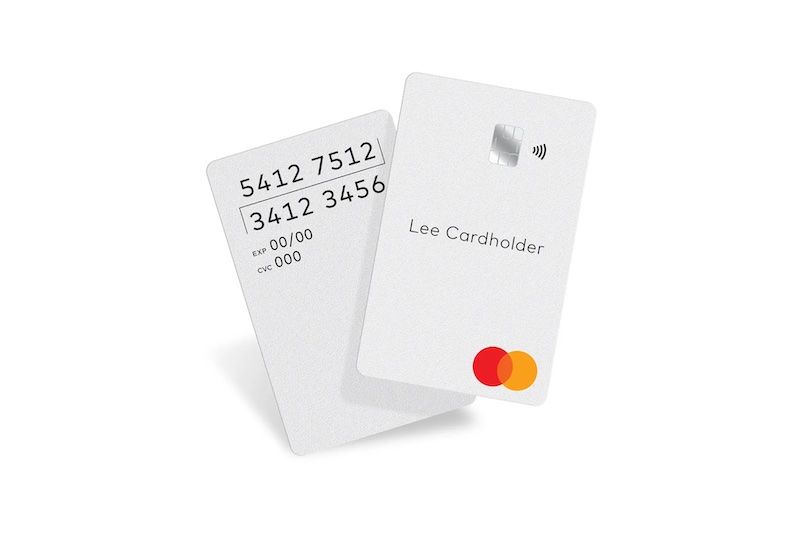19
August 2021
Mastercard to Ditch Magnetic Stripes from 2024
Mastercard will phase out magnetic stripes on its credit and debit cards over the next decade after chip and pin and contactless payments have made the technology redundant.
The transition will begin in 2024, when magnetic stripes will no longer be required on new cards in regions like Europe where chip cards have been widely accepted. In the US, where the shift to chip and pin payments has been slower (largely as a result of the huge size of the US and its comparatively low fraud rates), the phase-out will begin in 2027.
But by 2029, Mastercard will stop issuing new cards with magnetic stripes worldwide and, as cards are replaced, the magnetic stripe will be extinct—at least on Mastercards—by 2033. That generous timeline "leaves a long runway for the remaining partners who still rely on the technology to phase in chip card processing," Mastercard explained.
Mastercard says it will be the first payments network to ditch magnetic stripes, a technology that dates from the 1960s. At the time it was groundbreaking stuff, devised, predictably, for the CIA.
But as those magnetic stripes replaced flatbed imprinting machines, so chip and pin and contactless payments have superseded the stripes, offering greater convenience, security and, crucially, safety in a world gripped by a pandemic.
Mastercard said it handled one billion more contactless transactions in the first three months of 2021 than over the same period in 2020. Globally, 45% of in-person checkout transactions in the second quarter of this year were contactless, with virus-wary consumers favouring touch-free payments.
In the UK, contactless transactions accounted for 47% of all credit card and 63% of all debit card transactions in April 2021, the latest month for which data is available. The dominance of contactless payments will only increase as the cap on payments is raised from £45 to £100 later this year.
Not only are chips more convenient, they're also more secure. They generate a unique code for every transaction, which is validated by the issuing bank to ensure the authentic card is being used. That technology is also evolving to become even more uncrackable, with Mastercard developing new quantum resistant specifications for contactless payments.
Ajay Bhalla, president of Mastercard’s cyber & intelligence business, said: “It’s time to fully embrace these best-in-class capabilities, which ensure consumers can pay simply, swiftly and with peace of mind.”





